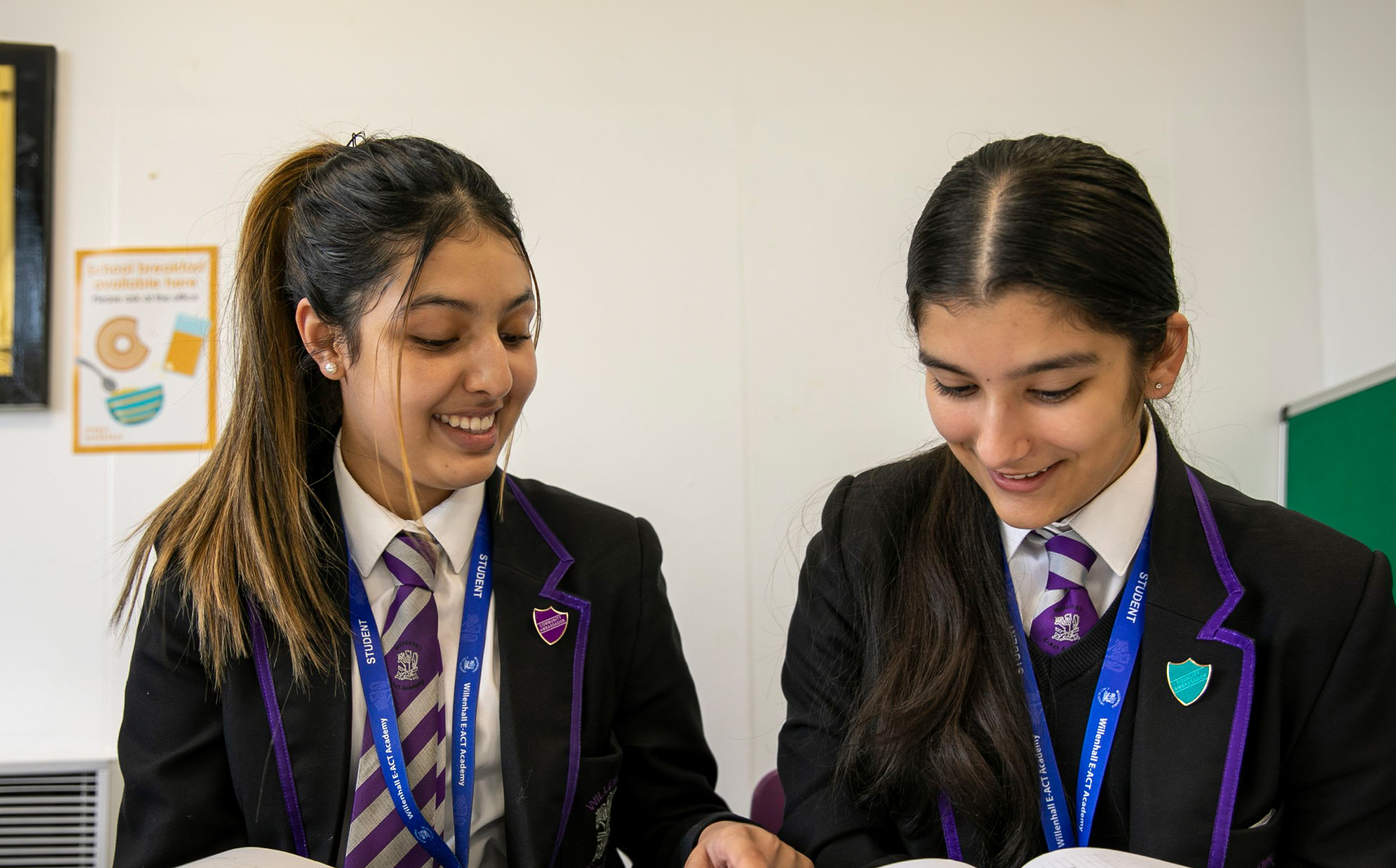Welcome to the latest in news and views from Magic Breakfast. Hear from our in-house experts as we all battle to end child morning hunger once and for all.
-
 News
NewsFundraise for Magic Breakfast! London to Brighton cycle ride
-
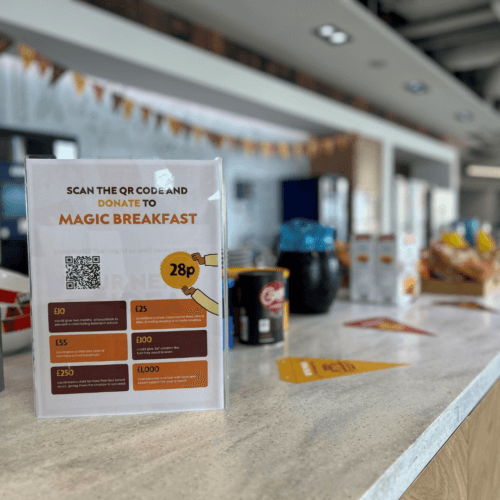 News
NewsGreat Big Breakfast – Rise and Heinz!
-
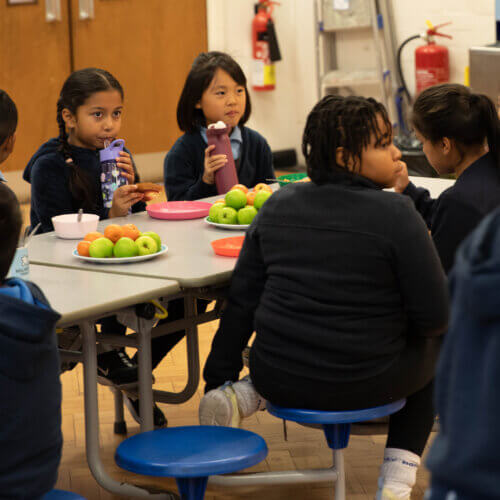 News
NewsBreakfast and beyond – Recipe for Change blog
-
 News
NewsMeet our Chair of the Board of Trustees, Aniela!
-
 News
NewsMagic Breakfast’s Aspiration Days
-
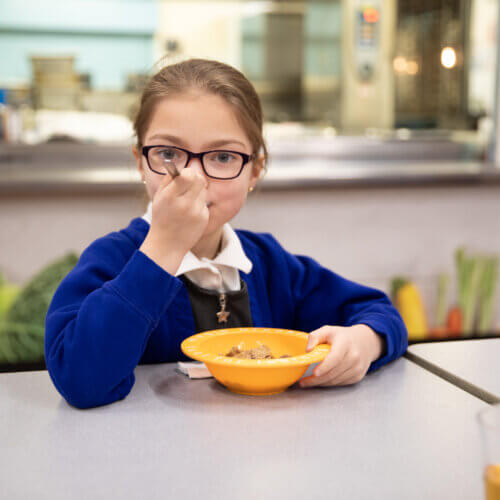 News
NewsChild Poverty in the UK Sliding Backwards
-
 News
NewsThank you, Clear Channel! Magic Breakfast’s outdoor advertising campaign
-
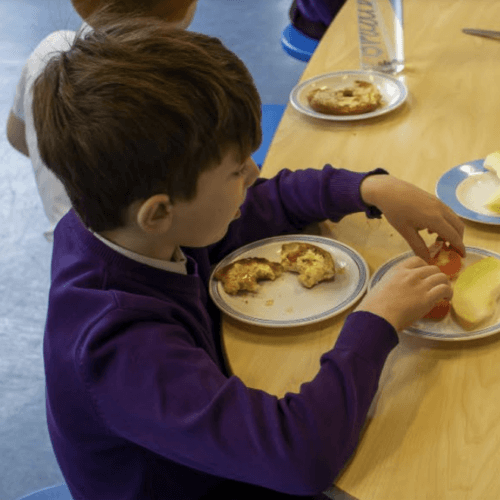 News
NewsTogether (Scottish Alliance for Children’s Rights) article
-
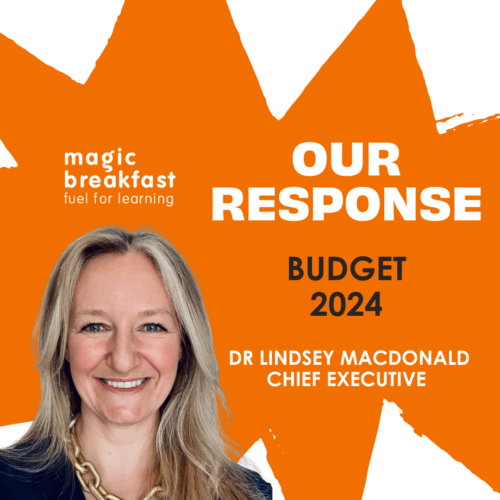 Policy
PolicyOur response to the budget 2024
-
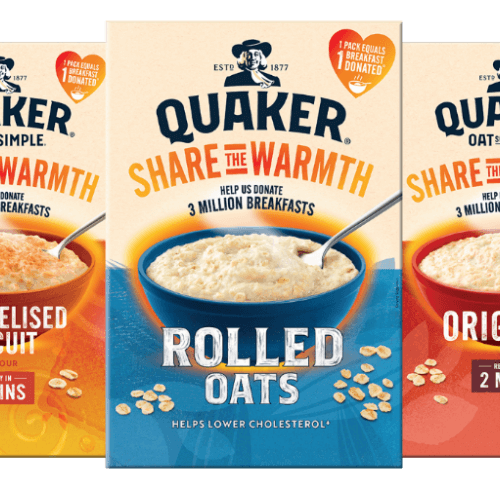 News
NewsQuaker x Magic Breakfast x FareShare: Share the Warmth campaign
-
 News
NewsBehind the scenes with Will Poulter
-
 News
NewsWelcome to our new trustee, Julie-Anne Jamieson.




